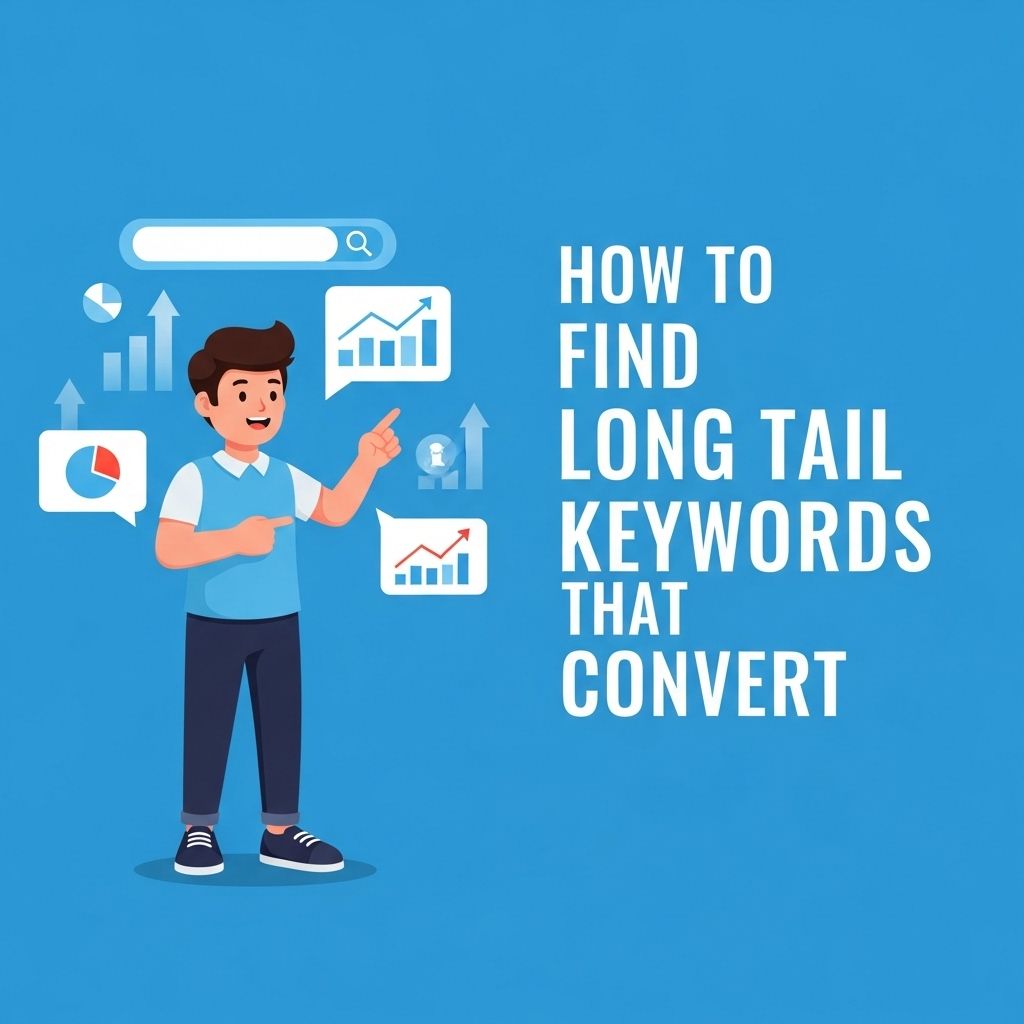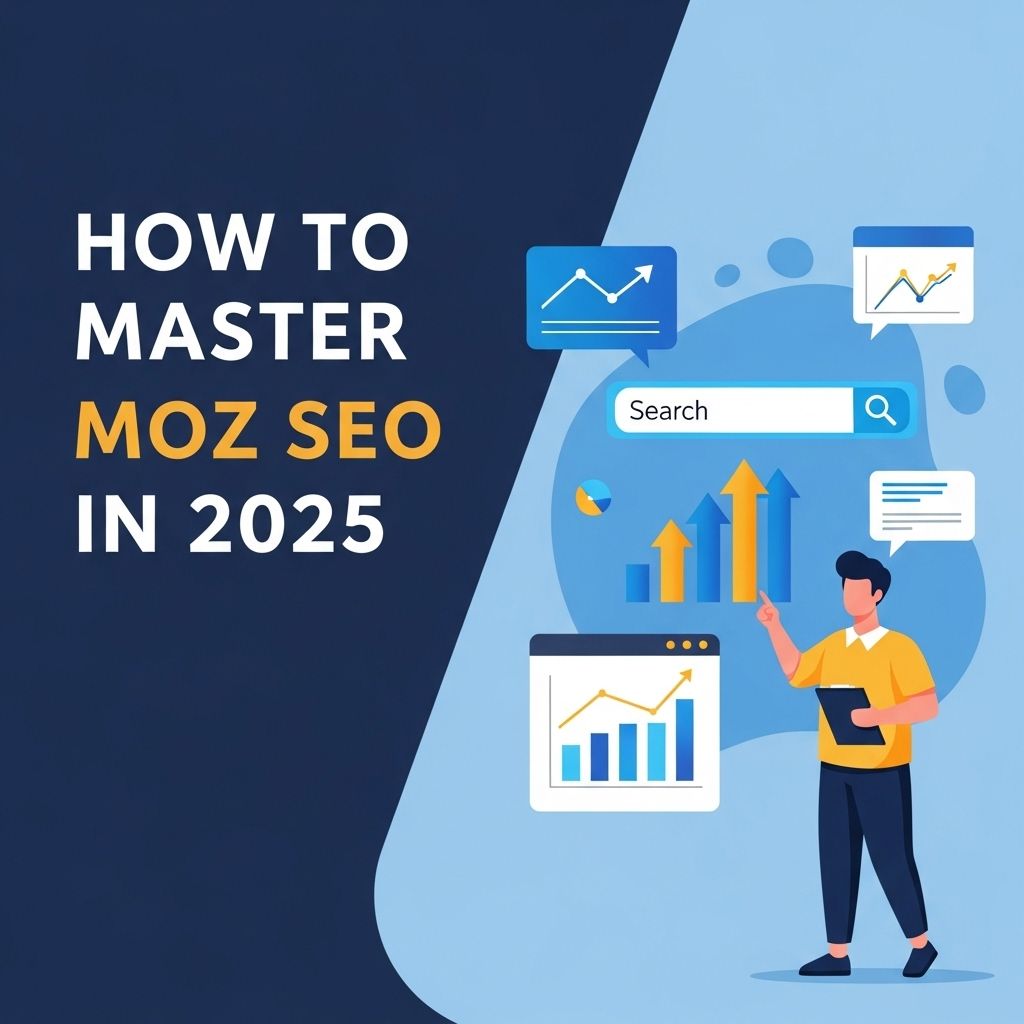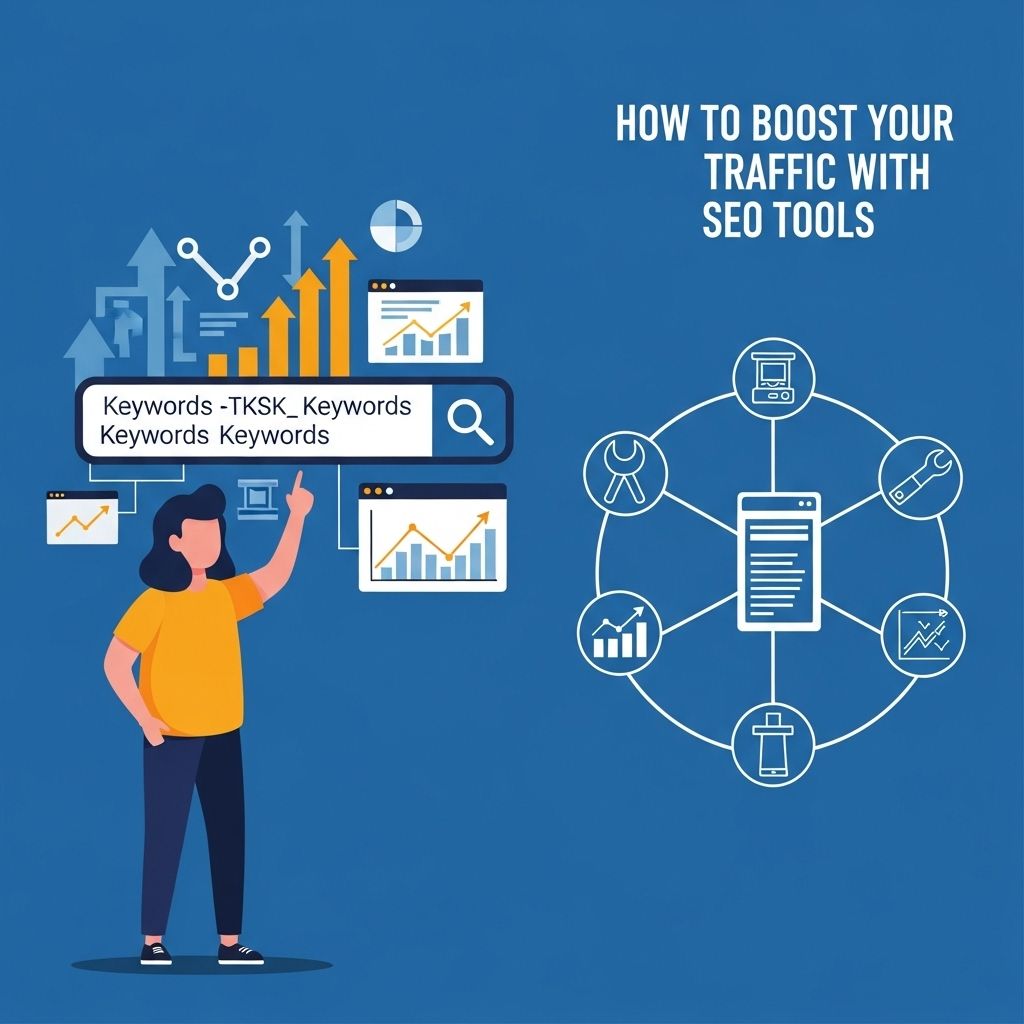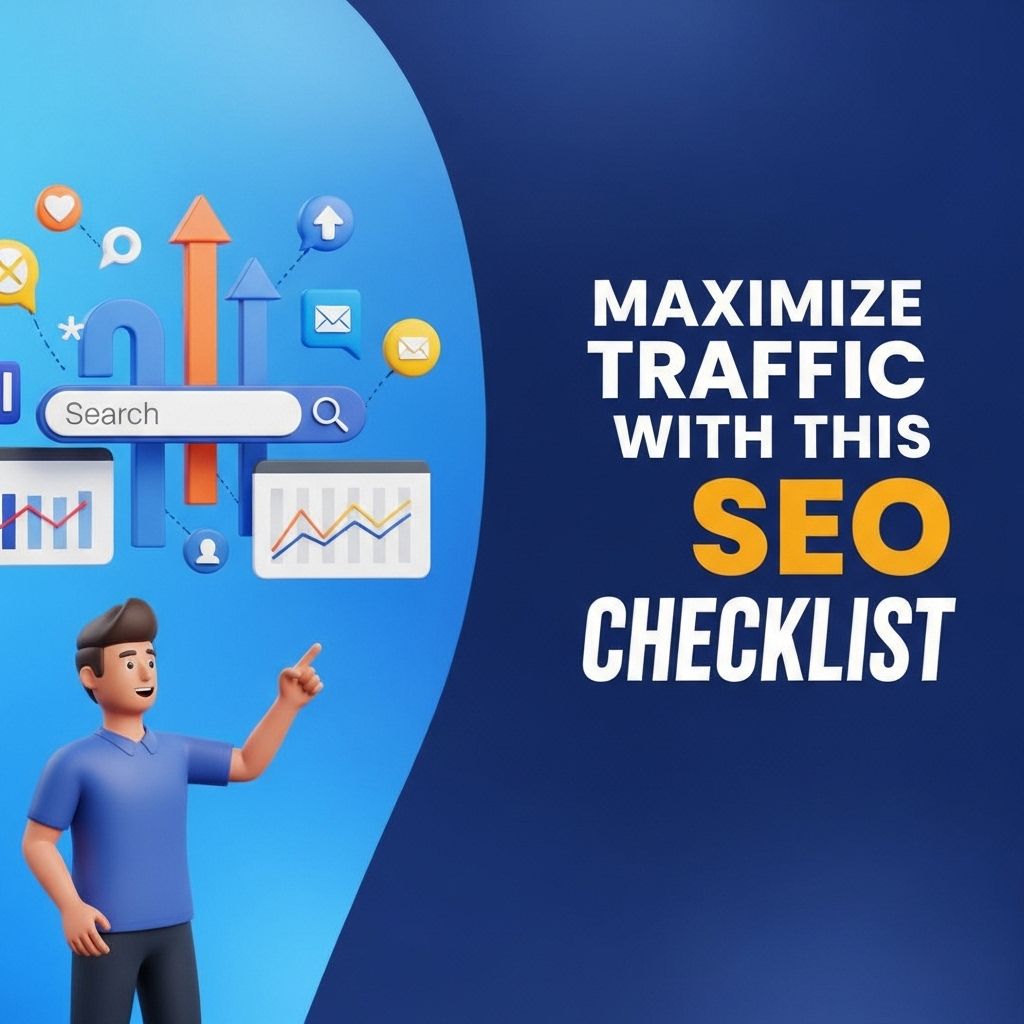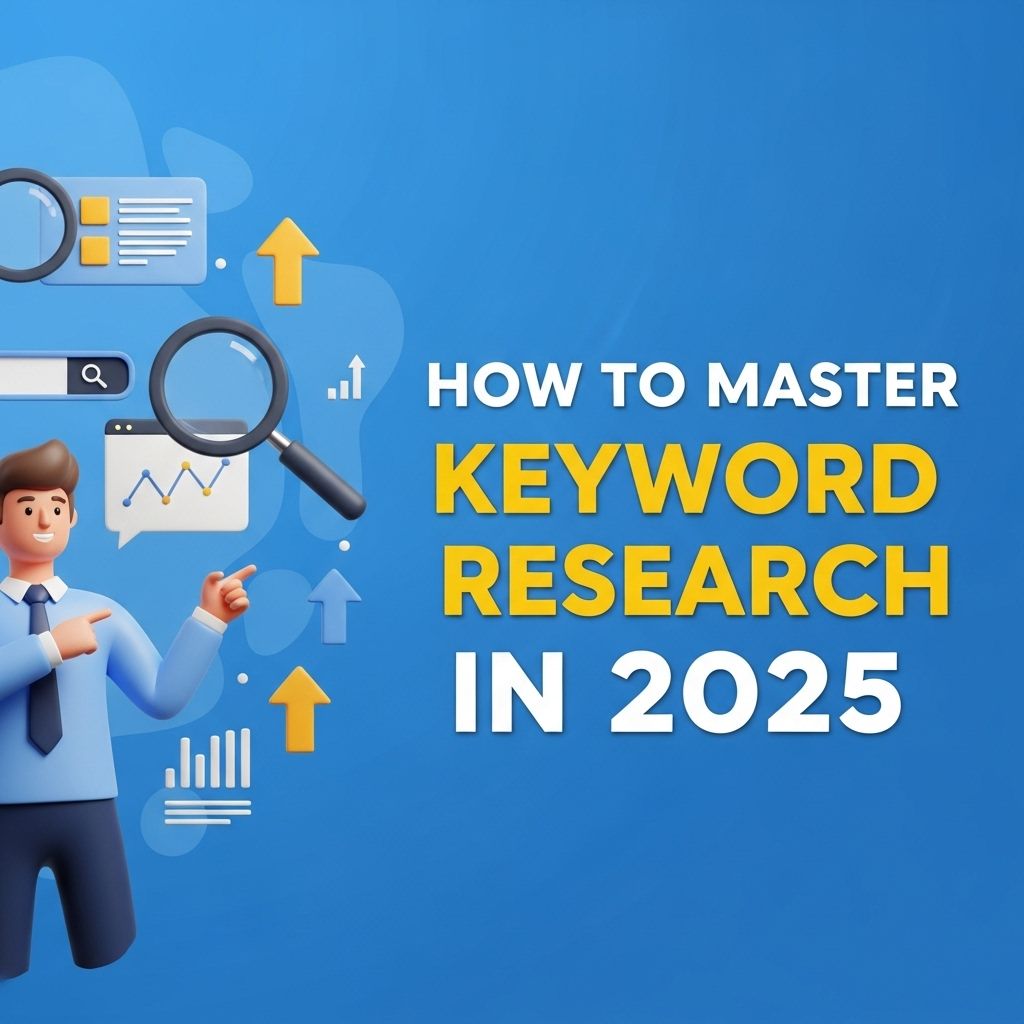Master SEO Campaigns with AI Keyword Clustering
Discover how AI keyword clustering can enhance your SEO campaigns, improve ranking, and drive organic traffic effectively.

In the fast-paced digital landscape, mastering search engine optimization (SEO) is crucial for businesses and marketers alike. One of the most effective strategies that has emerged in recent years is AI keyword clustering, a method that leverages artificial intelligence to enhance keyword research and improve content strategy. This article delves into the intricacies of AI keyword clustering, exploring its benefits, implementation strategies, and the tools that can help you make the most of your SEO campaigns.
Unlock the potential of your SEO strategies with AI keyword clustering, a technique that groups related keywords to enhance content relevance and search visibility. By mastering this approach, you’ll create more targeted campaigns that resonate with your audience. For a creative boost, check out our 3D mockup collection.
Table of Contents
Understanding Keyword Clustering
Keyword clustering refers to the process of grouping similar keywords together based on their semantic relevance and user intent. Instead of targeting individual keywords in isolation, keyword clustering allows marketers to create content that addresses a broader range of related queries. This holistic approach not only improves SEO but also enhances user experience.
The Importance of Semantic Relevance
In the era of voice search and complex search algorithms, understanding the intent behind user queries is more important than ever. Semantic relevance ensures that the content created aligns with what users are actually searching for. By clustering keywords, you can:
- Provide comprehensive answers to user queries.
- Improve content relevance, leading to lower bounce rates.
- Enhance the chances of appearing in rich snippets and other search features.
Benefits of AI in Keyword Clustering
Integrating AI into keyword clustering can significantly streamline the process. Here are some notable benefits:
1. Increased Efficiency
AI algorithms can analyze vast amounts of data quickly, identifying patterns and relationships that may not be evident through manual analysis. This speeds up the keyword research process and allows marketers to focus on content creation.
2. Improved Accuracy
AI tools can provide more accurate clustering by using machine learning to understand context, synonyms, and user intent. This leads to more effective keyword groupings and targeted content.
3. Enhanced Insights
AI can reveal insights about keyword performance and trends, enabling marketers to adjust their strategies proactively. This data-driven approach helps in making informed decisions regarding content topics and keyword targeting.
How to Implement AI Keyword Clustering
Implementing AI keyword clustering in your SEO strategy involves several steps:
Step 1: Gather a Comprehensive Keyword List
Start by compiling a list of relevant keywords for your niche. Utilize tools like:
- Google Keyword Planner: A free tool that provides keyword ideas and search volume.
- Ahrefs: A paid tool that offers keyword suggestions, competition analysis, and more.
- SEMrush: Another powerful tool for keyword research and competitive analysis.
Step 2: Use AI Tools for Clustering
After gathering your keywords, employ AI-powered tools for clustering. Some recommended tools include:
| Tool | Description |
|---|---|
| Cluster AI | Uses AI to automate keyword clustering based on semantic relevance. |
| Keyword Cupid | Clusters keywords and provides content gap analysis. |
| Frase.io | Generates content briefs based on clustered keywords. |
Step 3: Create Content Around Clusters
Once your keywords are clustered, the next step is to create comprehensive content that covers the clustered topics. Consider the following format:
- Write pillar articles addressing broad topics.
- Create cluster articles that delve into specific subtopics related to the pillar.
Best Practices for AI Keyword Clustering
To maximize the effectiveness of AI keyword clustering, adhere to the following best practices:
1. Regularly Update Your Keyword List
SEO is an ever-evolving field. Regularly updating your keyword list ensures that your content remains relevant and optimized for current trends.
2. Analyze Competitor Content
Understanding how competitors use keywords and content strategies can provide valuable insights. Tools like SEMrush can help in analyzing competitor keyword strategies.
3. Monitor Performance
Track the performance of your clustered keywords through analytics tools. Adjust your content strategy based on what’s working and what’s not.
Conclusion
In a world where SEO is constantly changing, leveraging AI for keyword clustering offers a modern approach to enhance your digital marketing efforts. By grouping related keywords and creating targeted content, you can improve your chances of ranking higher on search engines, driving more traffic to your website, and ultimately achieving your business objectives. Embrace the power of AI, and watch as your SEO campaigns reach new heights.
FAQ
What is AI keyword clustering?
AI keyword clustering is a method that uses artificial intelligence to group related keywords based on their semantic relevance, helping marketers optimize their SEO campaigns.
How does keyword clustering improve SEO?
Keyword clustering improves SEO by organizing keywords into thematic groups, enabling more targeted content creation and enhancing search engine visibility.
Can AI keyword clustering increase my website’s traffic?
Yes, by effectively grouping keywords and optimizing content, AI keyword clustering can lead to higher rankings in search results, ultimately increasing website traffic.
What tools are available for AI keyword clustering?
There are several tools available for AI keyword clustering, including SEMrush, Ahrefs, and specialized AI-driven platforms that streamline the process.
Is AI keyword clustering suitable for all types of businesses?
Yes, AI keyword clustering can be beneficial for businesses of all sizes and industries as it helps tailor content to meet the needs of specific audiences.
How often should I update my keyword clusters?
It’s advisable to review and update your keyword clusters regularly, at least every few months, to ensure they remain relevant with changing market trends and search behaviors.


